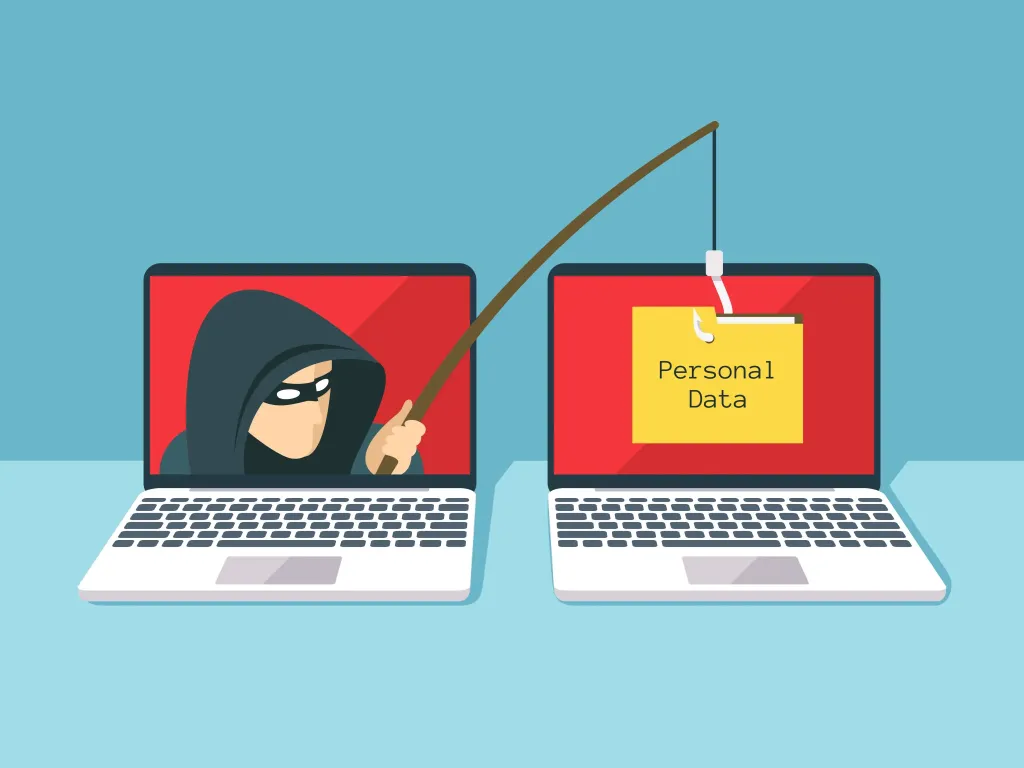Here’s the next article titled “Blockchain Beyond Cryptocurrency: Exploring Its Potential in Various Industries”:
Blockchain Beyond Cryptocurrency: Exploring Its Potential in Various Industries
Blockchain technology, which gained prominence due to its association with cryptocurrencies like Bitcoin, is now making its mark in various other industries. This decentralized and distributed ledger system offers a secure, transparent, and efficient way to record transactions and share data across multiple parties. While blockchain’s applications in finance and cryptocurrency are well-known, its potential to transform industries such as supply chain, healthcare, logistics, and voting is immense. In this article, we explore how blockchain is evolving beyond its crypto roots and the innovative ways it is being utilized across different sectors.
1. What is Blockchain Technology?
At its core, blockchain is a distributed ledger technology that enables data to be stored across multiple computers in a way that makes it tamper-proof and secure. It records transactions in blocks, which are then linked together to form a chain. Each block contains a list of transactions, a timestamp, and a reference to the previous block, making it almost impossible to alter any single part of the chain without changing the entire system.
Key Characteristics of Blockchain:
- Decentralization: No central authority or intermediary is needed. Blockchain operates on a peer-to-peer network.
- Transparency: All transactions are visible to authorized users and can be tracked in real-time.
- Immutability: Once data is added to the blockchain, it cannot be altered or deleted, ensuring security and trust.
- Security: Blockchain uses advanced cryptography to secure data, preventing unauthorized access or tampering.
2. Blockchain in Supply Chain Management
One of the most promising applications of blockchain technology is in supply chain management. Blockchain provides a transparent and traceable way to track goods as they move from the manufacturer to the end consumer.
Key Benefits for Supply Chain:
- Enhanced Transparency: Blockchain enables real-time tracking of goods, reducing the potential for fraud, theft, and mismanagement. Each participant in the supply chain can view the same immutable record, ensuring consistency and trust.
- Improved Efficiency: Blockchain eliminates the need for intermediaries and simplifies the documentation process. Smart contracts (self-executing contracts) can automate tasks such as payments and delivery confirmations.
- Reduced Costs: By streamlining operations and minimizing fraud, blockchain helps companies reduce operational costs and optimize resource allocation.
For example, major companies like Walmart and IBM are already using blockchain to trace food products from farms to retail stores. This improves food safety and allows consumers to verify the origin of their products.
3. Blockchain in Healthcare
Blockchain has the potential to revolutionize healthcare by improving data management, patient care, and security. Healthcare data is often scattered across various institutions and systems, making it difficult for providers to access accurate and up-to-date patient information. Blockchain can address this issue by creating a single, secure, and decentralized database for patient records.
Key Benefits for Healthcare:
- Enhanced Data Security: Patient data is highly sensitive, and blockchain’s encryption techniques ensure that only authorized users can access it. This reduces the risk of data breaches and unauthorized access.
- Improved Interoperability: Blockchain enables healthcare providers to share patient records across different systems, improving coordination and collaboration between hospitals, doctors, and specialists.
- Streamlined Billing and Payments: Smart contracts can automate billing processes, ensuring accurate and timely payments. This reduces the chances of fraud and billing errors.
Additionally, blockchain can support the secure exchange of medical research and drug trial data, speeding up the development of new treatments and therapies.
4. Blockchain in Finance and Banking (Beyond Cryptocurrencies)
Blockchain’s most well-known application is in cryptocurrencies, but its potential in traditional finance is also vast. Banks and financial institutions are exploring blockchain to streamline operations, reduce costs, and improve security in areas like payments, lending, and asset management.
Key Benefits for Finance:
- Cross-Border Payments: Blockchain can speed up cross-border transactions by eliminating intermediaries, such as correspondent banks, and reducing transaction fees. This can be especially beneficial for remittances, making it easier and cheaper to send money across borders.
- Fraud Prevention: Blockchain’s transparency and immutability make it difficult for fraudulent activities like money laundering or identity theft to occur. Every transaction is visible and traceable, reducing the risk of financial fraud.
- Smart Contracts for Lending and Insurance: Blockchain-powered smart contracts can automate and enforce the terms of lending agreements and insurance policies. This improves efficiency, reduces errors, and eliminates the need for intermediaries.
Banks like JPMorgan Chase and HSBC are already experimenting with blockchain technology for payment settlements and clearing processes.
5. Blockchain in Voting Systems
One of the most exciting and potentially transformative applications of blockchain is in voting systems. Traditional voting systems are often criticized for being vulnerable to fraud, manipulation, and lack of transparency. Blockchain can provide a secure, transparent, and verifiable method of casting votes, ensuring the integrity of elections.
Key Benefits for Voting Systems:
- Improved Transparency and Security: Blockchain provides an immutable, transparent ledger that makes it nearly impossible to tamper with votes. Voters can verify that their votes were counted accurately, and election results can be published in real-time.
- Increased Accessibility: Blockchain-based voting systems can be accessed remotely, allowing people to vote securely from anywhere. This could increase voter turnout and make the process more inclusive.
- Cost Savings: Blockchain can reduce the administrative costs of running elections by automating many of the processes involved, such as voter registration and vote counting.
Some countries, like Estonia, have already adopted blockchain technology for e-voting, setting a precedent for future adoption.
6. Blockchain in Real Estate
The real estate industry, known for its complex transactions and paperwork, stands to benefit greatly from blockchain technology. Blockchain can simplify property transactions by providing a secure and transparent way to verify ownership, streamline contracts, and facilitate payments.
Key Benefits for Real Estate:
- Faster Property Transactions: Blockchain can automate many of the processes involved in property sales, such as contract signing and title transfers. This reduces the time it takes to close a deal.
- Enhanced Transparency: Buyers and sellers can access the same information, reducing the chances of fraud or disputes over ownership and payment.
- Fractional Ownership: Blockchain allows for tokenization of real estate assets, enabling fractional ownership. This opens up investment opportunities for smaller investors who may not be able to afford a full property purchase.
Real estate platforms like Propy are already using blockchain to facilitate international property transactions and simplify the closing process.
7. Blockchain in Intellectual Property and Copyrights
Intellectual property (IP) rights are essential for protecting creativity and innovation. However, IP rights management has been inefficient, often leading to disputes over ownership and licensing. Blockchain can provide a transparent, tamper-proof system for managing copyrights, patents, and trademarks.
Key Benefits for IP and Copyrights:
- Automated Royalties: Blockchain enables the creation of smart contracts that can automatically pay royalties to creators when their work is used, ensuring fair compensation.
- Proof of Ownership: Blockchain provides an immutable record of ownership for IP assets, making it easier for creators to prove their rights in case of disputes.
- Licensing and Distribution: Blockchain simplifies the licensing process by providing a transparent and secure way to track how and where intellectual property is being used.
Platforms like Ascribe and Po.et are already leveraging blockchain to track and protect digital content and creative works.
8. Challenges and Limitations of Blockchain
While blockchain offers numerous benefits, it is not without its challenges and limitations.
1. Scalability Issues:
Blockchain networks can become slow and inefficient as they scale. The process of verifying transactions on a decentralized network can take time and resources, making it less suitable for applications requiring high-speed transactions.
2. Energy Consumption:
Some blockchain networks, particularly those that use proof-of-work consensus algorithms, require significant computational power, leading to high energy consumption. This has raised concerns about the environmental impact of blockchain technology.
3. Regulatory Uncertainty:
Blockchain’s decentralized nature means it operates outside of traditional regulatory frameworks. Governments and regulators are still figuring out how to address legal issues surrounding blockchain, particularly with regard to financial transactions, privacy, and data security.
9. The Future of Blockchain
As blockchain technology continues to mature, its applications are likely to expand even further. It has the potential to disrupt industries, improve transparency, and create new business models. However, widespread adoption will require overcoming the current challenges of scalability, energy consumption, and regulatory uncertainty.
Let me know if you’d like to explore more topics!



